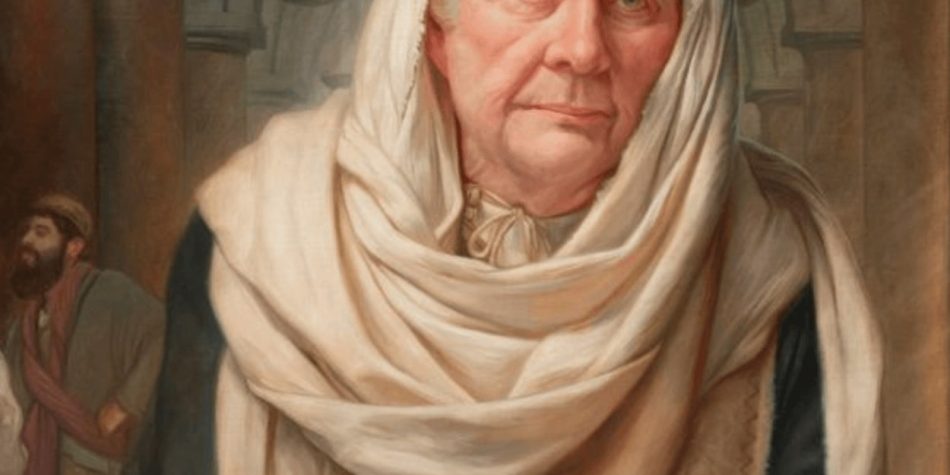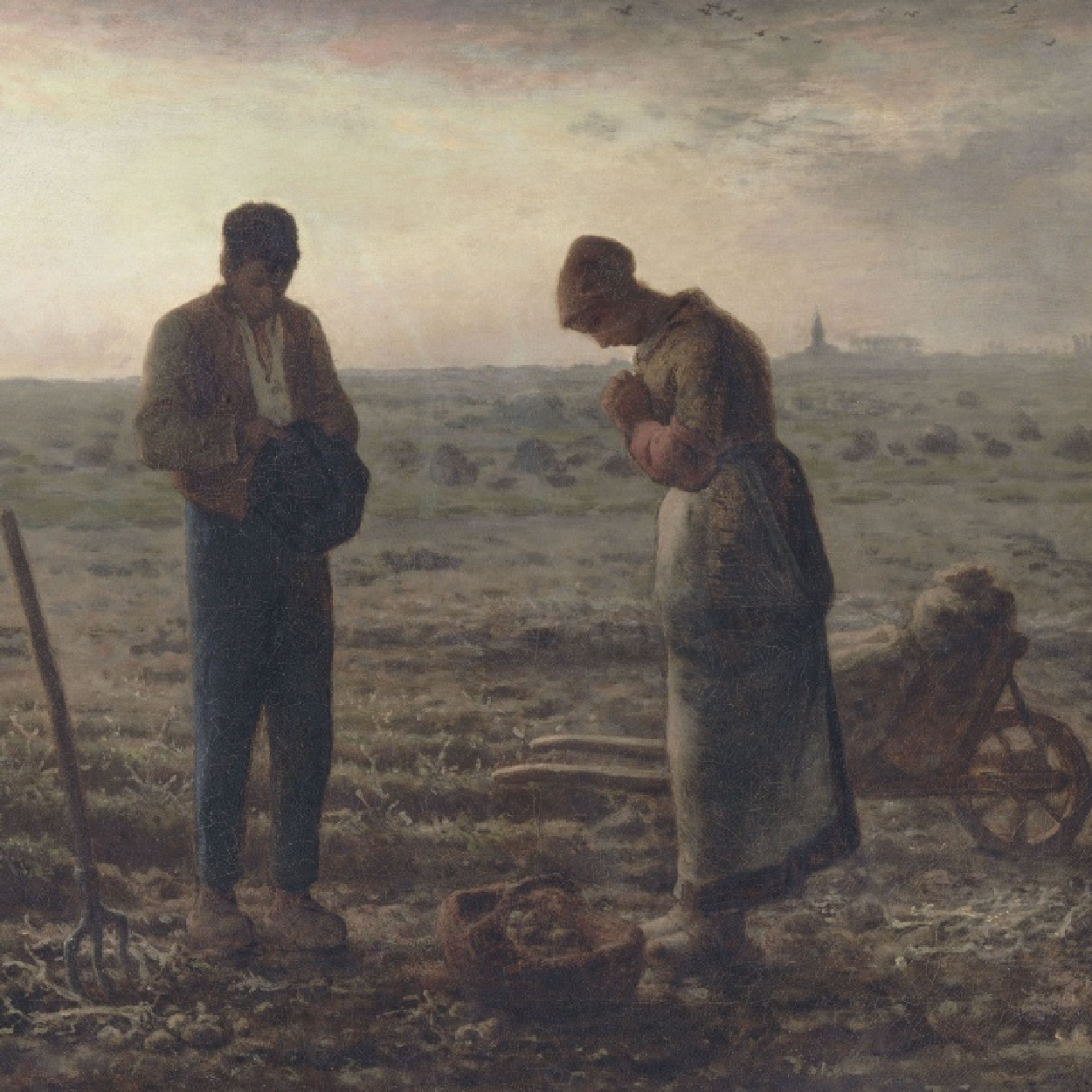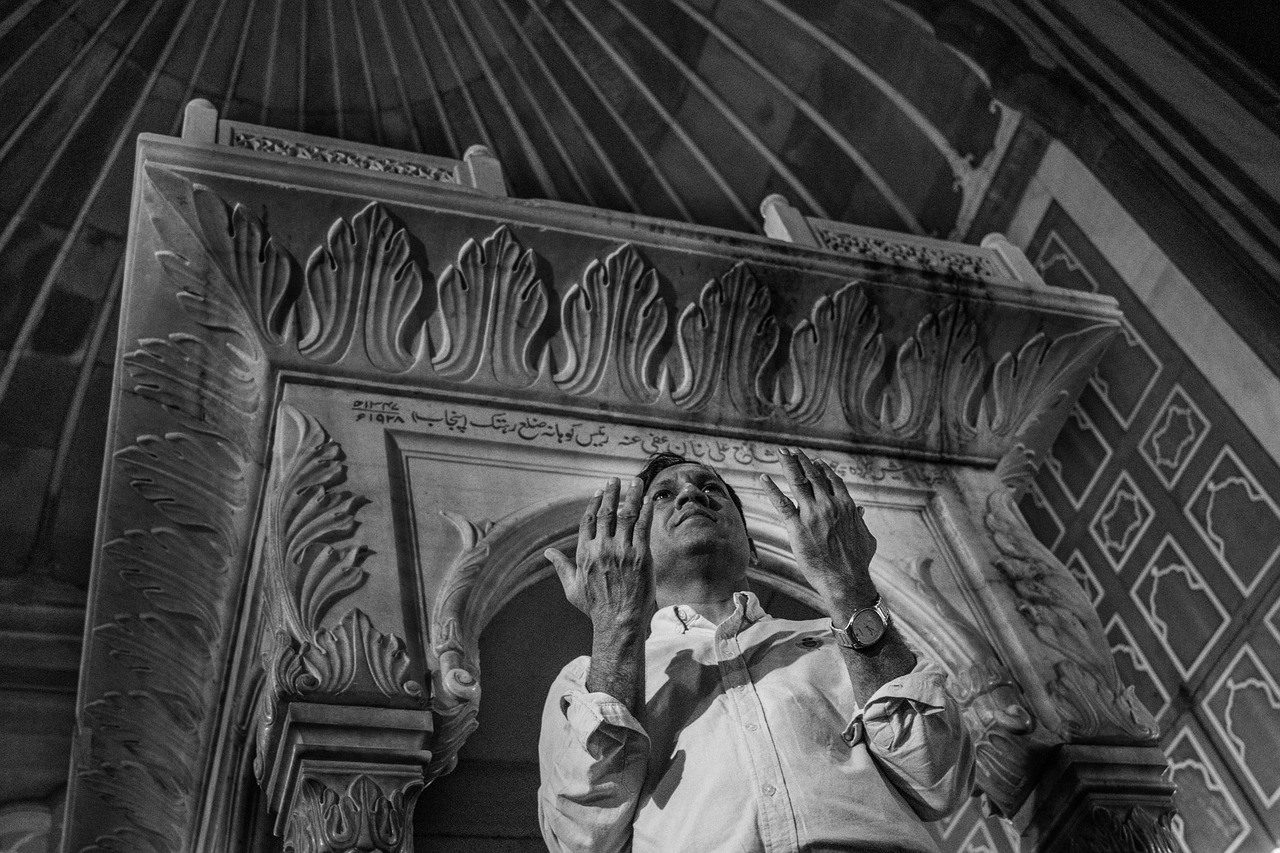I can still hear her voice. The melody was filled with sweetness and most often followed by a quip of playfulness—her most endearing quality. Her soft, wrinkled hands would hold tightly onto mine with a force that outweighed her small-framed body. The grace with which my great-grandmother, Ma, lived her life is one that will never be forgotten by those she left on earth three years ago.
While this vivacious little Basque-Hispanic woman lived a storybook life with abounding love and high spirits for over 97 years—like even the greatest novels, her life came to an end.
Watching Ma deteriorate was one of the most difficult experiences of my life.
When the news came that Ma had only a few weeks left to live, we all wanted to hold onto the time we had left with her. She was quickly moved into her daughter’s home, and soon after surrounded by children, grandchildren, and great-grandchildren. Family members found themselves flying and driving in to enjoy some last precious moments with Ma. However, to all of the doctors’ surprise, this very act of familial love was the antidote Ma’s failing heart needed.
Human connection and love can be the saving grace for a fading mind.
Our sweet Ma went on to live many years after this, and I learned an important lesson. My young mind always viewed this matriarch as being robbed by the thief of age. I felt her loss of dancing, playing tennis, reading novels, quoting “Gone with the Wind,” and countless other favorite pastimes were all reasons for her to grow tired of life and wish it to come to an end.
But this depressing notion of age as a thief changed for me as I watched Ma regain purpose when surrounded by her loved ones—each of whom considered themselves to be her favorite. Ma’s story, then, suggests something else—reminding us that human connection and love can be the saving grace for a fading mind.
This spunky, 80-pound woman eventually moved on to the next life, gifting a great legacy of love behind her. Ma’s passing inspired a curiosity within me for the maturing adults around me. She gave me new insight into their will to live despite their hip pain, wrinkles, and exhausted bodies. I reflected on the way that each of them goes on, not for themselves, but for a greater purpose. Each of them has experienced a long life rich with life experiences that younger eyes often fail to see.
In the past few years since losing Ma, I have since reflected on the value of respecting and revering our elders, which is sometimes a casualty of our fast-paced, individualistic American society and, for different reasons, can be lost especially on the younger generation. Now, I find it difficult to turn the other cheek when I hear people say dismissive things to older people, such as ‘Okay, Boomer.’
Isn’t it better to listen to their stories and learn from their years of life experience rather than dismiss them as out of date? Each time an aged individual passes, we lose an encyclopedia of knowledge. Isn’t seeking out their jewels of wisdom even more relevant in a society where 27% of those aged 60 and older already live alone—many without family members to cherish their stories?
We can learn much about respecting elders from the rich cultural traditions of other societies. In the Middle Eastern culture, for example, family systems are typically built upon intergenerational households and proximity to older family members. One Iraqi woman, Luma Simms, explains this norm within her culture as a result of their reverence and love for the aging generation. She described her community as one “where each member is valued and has an irreplaceable part, especially the elderly.”
This valuing of the older generation is also vividly apparent in many Asian cultures, such as China, Korea, and Japan—all cultures rooted in this conviction, resulting in practices associated with filial piety. This cultural notion is deeply grounded in Confucian values and goes well beyond respecting one’s own family members to proactively teaching children to reverence the entire aging population. These cultures paint a beautiful image of embracing later life, rather than avoiding aging yourself or pushing away these aging adults in their culminating years of life in a way that makes them feel like unwanted members of society.
Native American tribes also deeply respect their aging population, not for somehow retaining their youthful glow, but for their years of wisdom and life experience. Similarly, within Greek culture, referring to a person as an “old man” or “old woman” is not an insult, but a way to honor their wisdom and closeness to God. What if we were able to reimagine and culturally redefine aging in some of these same ways?
Interestingly, this heightened awareness for those in later life has been forced into the public eye in the wake of the devastating COVID-19 outbreak. It’s become tragically clear to all of us that the most at-risk population in terms of contracting and passing away from this virus are those older than 65. Because drastic measures have been needed to contain the spread of this virus, social distancing has been especially advised for older adults.
The stay-at-home order flooded my mind with images of seniors locked inside nursing homes, with no outside connection to family or friends. However, many of these initial thoughts sweetly melted into a greater faith in humanity as my social media feed flooded with wonderful examples of younger generations taking action for those in their later years. Rebecca Mehra’s recent tweet went viral as she recounted helping an older woman and her husband buy groceries because they were too “afraid to go in the store.” The seed of selflessness that Mehra planted that day was a critical message for this time.
Instagram and Facebook are now touting stories of “corona carolers” singing to maturing adults at their doorstep from six-feet away and grandchildren in car seats waving at their grandparents through the car window in a drive-by visit. These small acts not only spread love within the hearts of those served, but they spread awareness for this critical population of people so deserving of our love and admiration.
Perhaps it is about time we in America adopt this same level of caring amidst this pandemic.
As I saw so intensely demonstrated with my own great-grandmother, her need for human connection only deepened as her body aged and her mind began to fade. Eventually, I had to let go of her hand when her time on earth came to an end. Yet her passing and the life lessons she had shared only magnified my desire to bring joy into the lives of these experienced, mighty souls. I recognize this new reverence as a gift from my great-grandmother.
As we face these frightful circumstances of this global pandemic, we have the unique opportunity to not only serve—but perhaps also redefine some of our culture’s individualistic views through selflessly recognizing the needs of the aged, so especially vulnerable at this time. Cultures across the world have done this for centuries, carrying forward ancient traditions from their revered ancestors. Perhaps it is about time we in America adopt this same level of caring amidst this pandemic and show them the appreciation they so deserve.

















